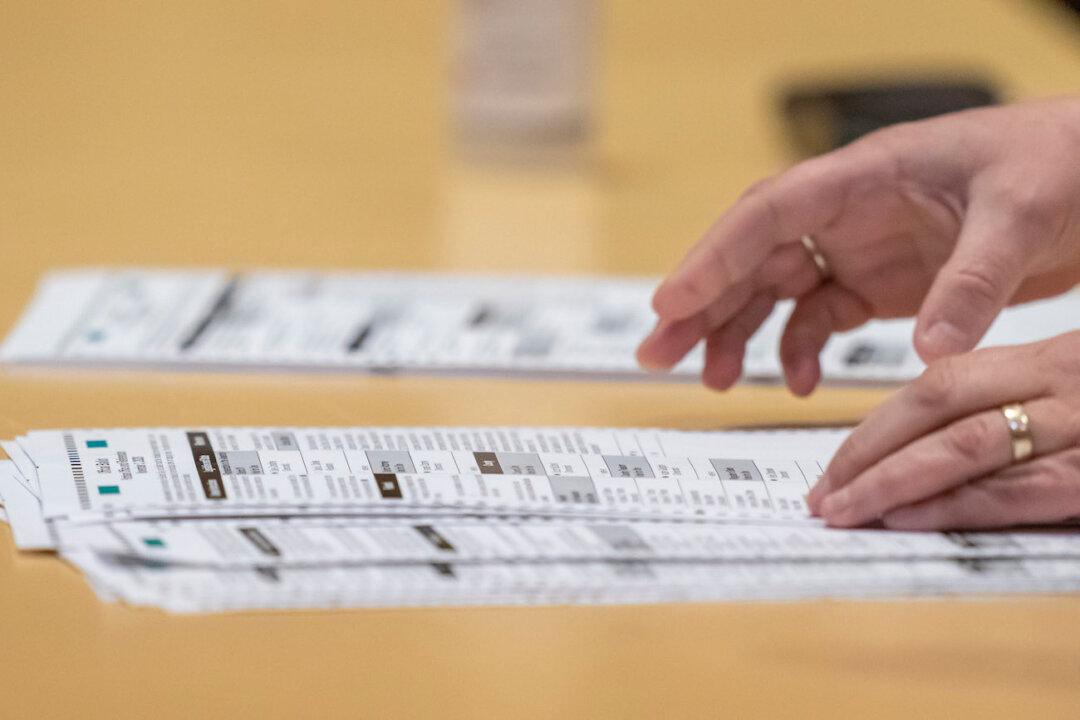The Trump campaign on Dec. 3 filed a series of affidavits and declarations in support of a lawsuit brought by President Donald Trump on Dec. 2 against election officials and leaders in Wisconsin, alleging “unlawful and unconstitutional” acts and asking the court to forward the matter to the state legislature.
“At the heart of each violation of the Wisconsin Election Code described in this Complaint was the purposeful disregard of thoughtful legislative safeguards meant to prevent absentee ballot fraud and to promote uniform treatment of absentee ballots throughout the State,” the complaint (pdf) reads.





